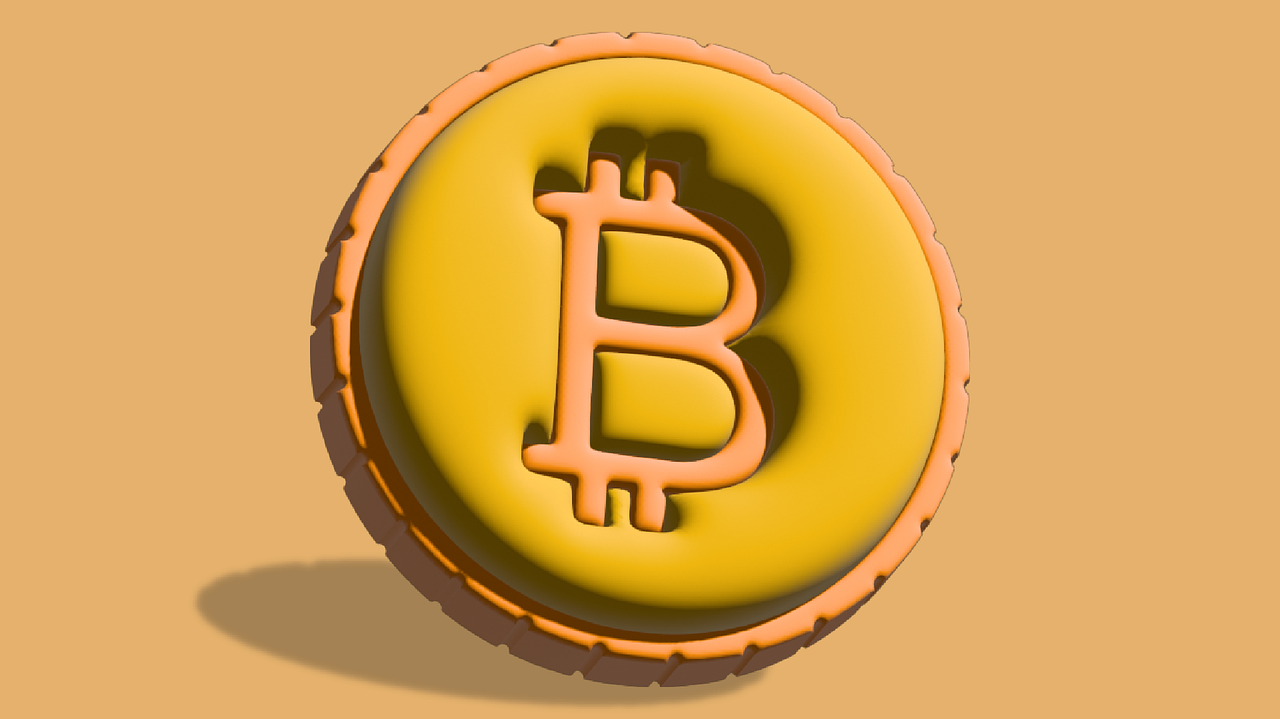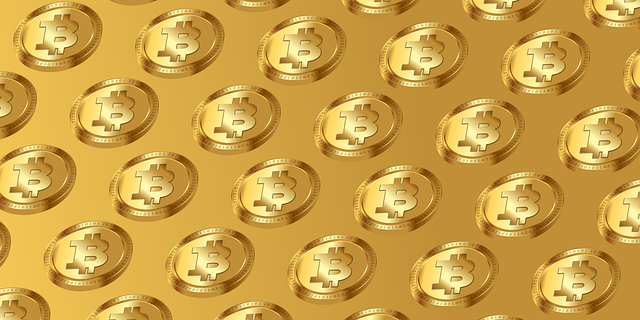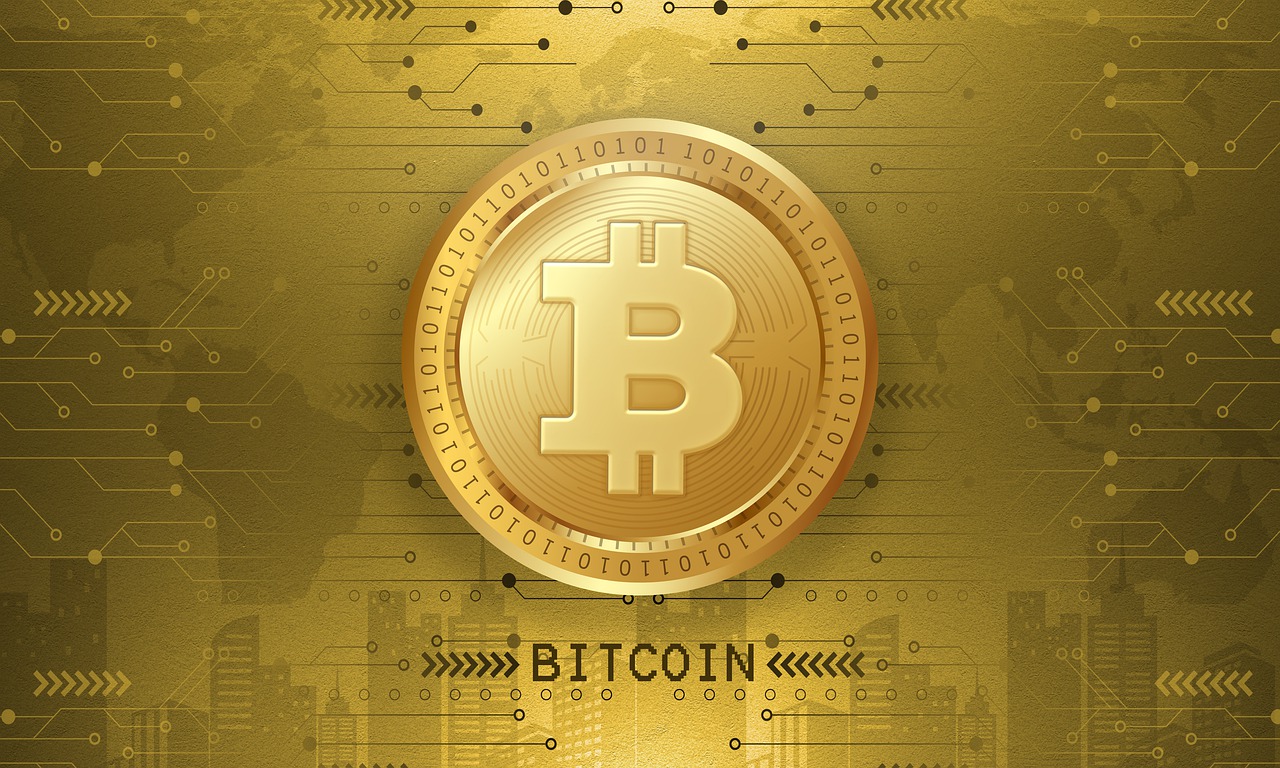In this guide, I will reveal all you should know about Bitcoin, its price, and how it works.
Bitcoin appeared not so long ago as the first digital cryptocurrency. Unlike any other currency that you can touch or see on a bank account, it is virtual and exists without one point of control.
Instead, it uses a special network where all the procedures with its utilization occur.
READ ALSO: Blockchain: Orchid decentralized VPN will affect www
Table of Contents
What Is Bitcoin (BTC)?
Nowadays, the variety of cryptocurrencies is enormous, but everything has started from this option.
On October 31, 2008, the legendary white paper with the sign Satoshi Nakamoto was published. The network itself was launched at the beginning of 2009, starting a new era for money.
If you look now for BTC price to USD at capital.com you will see that it reaches almost $22 000 USD with a little volatility throughout the day.
Still, it is first in the ranking of cryptocurrencies, with a live market cap of $417 168 880 584 USD. For now, 19 097 456 BTC coins are circulating, and the total supply will be 21 000 000 BTC coins.
Investors need to check BTC prices to USD regularly to get up-to-date information and plan their activity beforehand.
How Does It Work?
Bitcoin is a completely decentralized currency, which makes it highly unusual. In the pre-digital era, we used physical media of exchange, from livestock and salt to silver and gold, eventually coming to banknotes. Only recently, money has become digitized:
- banks have started keeping accounts online;
- Online payment systems (such as PayPal and WebMoney) have appeared, and we use them every day without thinking.
In order for digital transactions to be successful, they need a centralized system. Whether it’s a bank or a payment service, they need to make sure that user accounts are constantly updated and that everything is debited correctly. These systems represent a centralized form of digital money.
Bitcoin has revolutionized digital tools of payment by decentralizing the accounting process:
- Instead of a central authority responsible for ensuring that the balance of user transactions always converges, Bitcoin distributes information about the balance and transactions of each user on Earth in an encrypted form.
- This means that anyone can easily download and run free software to become a full participant in the protocol.
- All it takes to send Bitcoin to someone else is to know the recipient’s Bitcoin address as a sequence of letters and numbers (never a name or any other personal details).
By sending your BTC to the recipient, you are actually broadcasting your transaction to the entire network using the blockchain.
The latest version of your wallet balance appears in the Bitcoin network registry; the system checks with the wallet of the recipient (for example, if there are 2 BTC on your account, then the transfer of 1 BTC is valid) and completes the transaction.
The operation is based on the guarantee that the total balance always converges, and those new transactions are verified, recorded, and then added to the ledger in the correct order. This is the heart of blockchain technology, where new blocks of information are added to an already existing blockchain.
READ ALSO: Cryptocurrency Guide
Demystifying Bitcoin: FAQs on BTC, Price, and Functionality
Bitcoin (BTC) is the world’s first and most popular cryptocurrency, revolutionizing the concept of money. Here are 10 FAQs to shed light on what it is, how it works, and its current market value:
What is Bitcoin?
Bitcoin is a decentralized digital currency. Unlike traditional currencies controlled by governments, Bitcoin operates on a peer-to-peer network without a central authority. Transactions are secured through cryptography.
How does Bitcoin work?
- Blockchain technology: Bitcoin transactions are recorded on a public ledger called a blockchain. This distributed ledger ensures transparency and security as changes require network-wide verification.
- Mining: New Bitcoins are created through a process called mining. Miners use powerful computers to solve complex mathematical puzzles and verify transactions on the network. As a reward, they receive newly minted Bitcoins.
How can I buy Bitcoin?
You can buy Bitcoin on cryptocurrency exchanges. These platforms allow you to exchange traditional currencies like USD or EUR for Bitcoin. Different exchanges have varying fees and regulations, so research before choosing one.
Is Bitcoin safe?
Bitcoin transactions themself are considered secure due to cryptography and blockchain technology. However, security risks can arise from:
- Exchange hacks: Cryptocurrency exchanges can be vulnerable to hacking attempts, so choose a reputable exchange with strong security measures.
- Wallet vulnerabilities: Bitcoin wallets where you store your Bitcoin can have security weaknesses. Select a secure wallet and prioritize good password hygiene.
Can I use Bitcoin for everyday purchases?
While not yet as widely accepted as traditional currencies, Bitcoin is increasingly being accepted by some online merchants and stores. However, its primary use is still as a digital asset for investment or transfer purposes.
What are the benefits of Bitcoin?
- Decentralization: Freedom from government control over money supply and transactions.
- Transparency: All Bitcoin transactions are publicly viewable on the blockchain.
- Security: Strong cryptography makes Bitcoin transactions secure and verifiable.
- Fast and borderless transfers: International transactions can be completed quickly and without geographical limitations (compared to traditional banking systems).
What are the drawbacks of Bitcoin?
- Price volatility: Bitcoin’s price can fluctuate significantly, making it a risky investment.
- Limited adoption: Not all merchants accept Bitcoin yet.
- Environmental impact: Bitcoin mining can consume a lot of energy.
- Regulation: Bitcoin regulations vary by country, and future regulations could impact its value and use.
Is Bitcoin a good investment?
Bitcoin is a highly volatile asset, and its future is uncertain. Carefully consider your risk tolerance and investment goals before investing in Bitcoin.
READ ALSO: 5 Reasons Why You Should Study For A Cybersecurity Degree In 2024
What are some alternatives to Bitcoin (BTC)?
Several other cryptocurrencies exist, each with its own features and functionalities. Some popular alternatives include Ethereum (ETH), Litecoin (LTC), and Ripple (XRP).
A Final Word
At first, it may seem a bit complicated, but it is easy to get used to this technology and benefit from it.
By understanding these key points, you can gain a basic grasp of Bitcoin, its current market value, and the technology behind it.
Remember, the cryptocurrency space is constantly evolving, so staying informed and conducting your own research is crucial before making any investment decisions.
INTERESTING POSTS
- A Guide To DOG To BTC Exchange
- How To Convert AVAX To BTC
- Difference Between Bitcoin And Bitcoin Cash – Which Is Safer?
- Debunking 4 Myths About Blockchain In Business
- What Are The Business Benefits Of The Blockchain Market?
- Bitcoin Prime: A Crypto Trading Bot Review
- 5 Hidden Truths About Working From Home
About the Author:
Daniel Segun is the Founder and CEO of SecureBlitz Cybersecurity Media, with a background in Computer Science and Digital Marketing. When not writing, he's probably busy designing graphics or developing websites.








